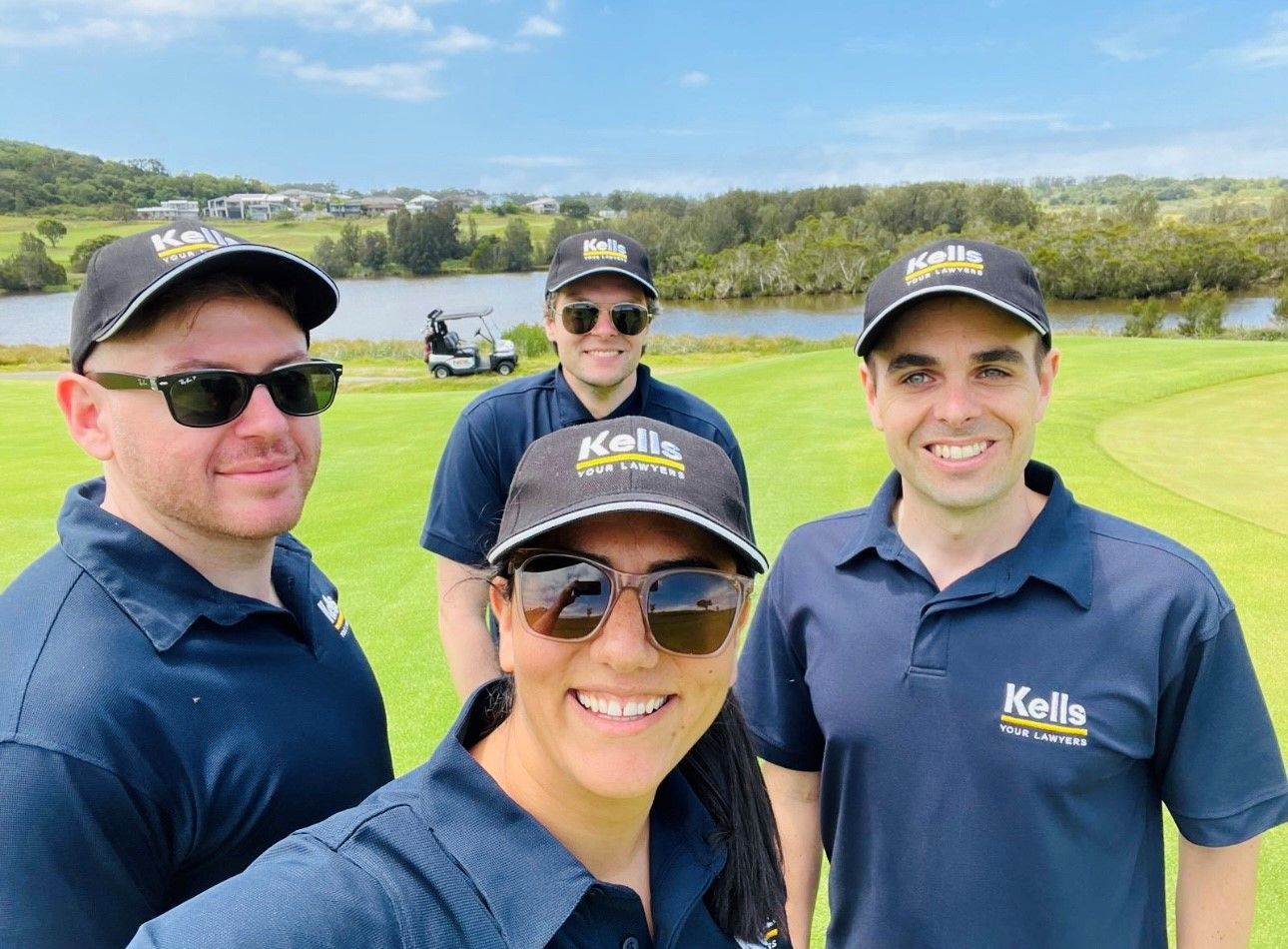Electronic witnessing extended in NSW
Kells Lawyers • October 21, 2020
In response to the COVID-19 pandemic, in April 2020 regulations were introduced to enable certain documents to be witnessed by audio visual link (the initial 6 month period was due to end on 22 October 2020, however this was repealed on 28 September 2020).
The electronic witnessing and attestation provisions have now been incorporated into Part 2B of the Electronic Transactions Act 2000 (NSW) which is titled “Remote witnessing pilot scheme”, and their operation has been extended to 31 December 2021 .
The impact for the practice of property, wills and estates practitioners is it continues to provide an alternative mechanism to witness and attest to documents by audio visual link which would otherwise need to be witnessed in the physical presence of a signatory.
What is audio visual link?
Audio visual link or AVL is defined as “technology that enable continuous and contemporaneous audio and visual communication between persons at difference places, including video conferencing”.
This would include platforms such as Skype, Zoom, Microsoft Teams, Whatsapp and FaceTime.
Which documents can be witnessed remotely?
The types of documents that can be witnessed by AVL include:
1. A Will
2. A power of attorney or enduring power of attorney
3. A deed or agreement
4. An enduring guardianship appointment
5. An affidavit, including annexure or exhibit
6. A statutory declaration.
As with the regulations, the conditions to witness remotely include that the witness must:
- Observe the signatory sign the document in real time
- Confirm they witnessed the signature (by signing a counterpart or countersign the document)
- Endorse the document with a statement specifying the method used to witness the execution of the document, similar to:
- This document was signed in counterpart and witnessed over audio visual link in accordance with section 14G of the Electronic Transactions Act 2000
- Be reasonably satisfied the document signed is the same (or a copy of) the document signed by the signatory (e.g. read aloud or page turn comparison).
Importantly, documents can still be witnessed in the traditional way in the presence of the signatory. The remote witnessing provisions offers an alternative option to witness documents via AVL where it is not possible to meet safely in person or it is more convenient to do so.
Regardless of the method used for witnessing a document, for the document to be legally valid still requires the signatory to possess mental (or testamentary) capacity and free will (i.e. be free from influence).
Does the signatory need to be in NSW?
The new provisions do not stipulate where the signatory or witness should be located (they are silent on this point). It follows the signatory is not required to be physically located in NSW when signing a document to be witnessed by AVL.
Will remote witnessing become permanent?
The new electronic witnessing provisions will expire at the end of 2021. The NSW Attorney General has indicated that this time will provide an opportunity to review and assess the merits of remote witnessing, with a view to determining whether they should be made permanent and extended beyond COVID-19.
For more information on what you can sign and have witnessed electronically, please do not hesitate to reach out to our estate planning team for further advice.
Image Credit – Rawpixel.com © Shutterstock.com

Kells has been delivering outstanding services and legal expertise to commercial and personal clients in Sydney and the Illawarra region for more than five decades. Our lawyers are savvy and understand your needs.
Subscribe
Want to get the latest articles and news delivered to your inbox?




